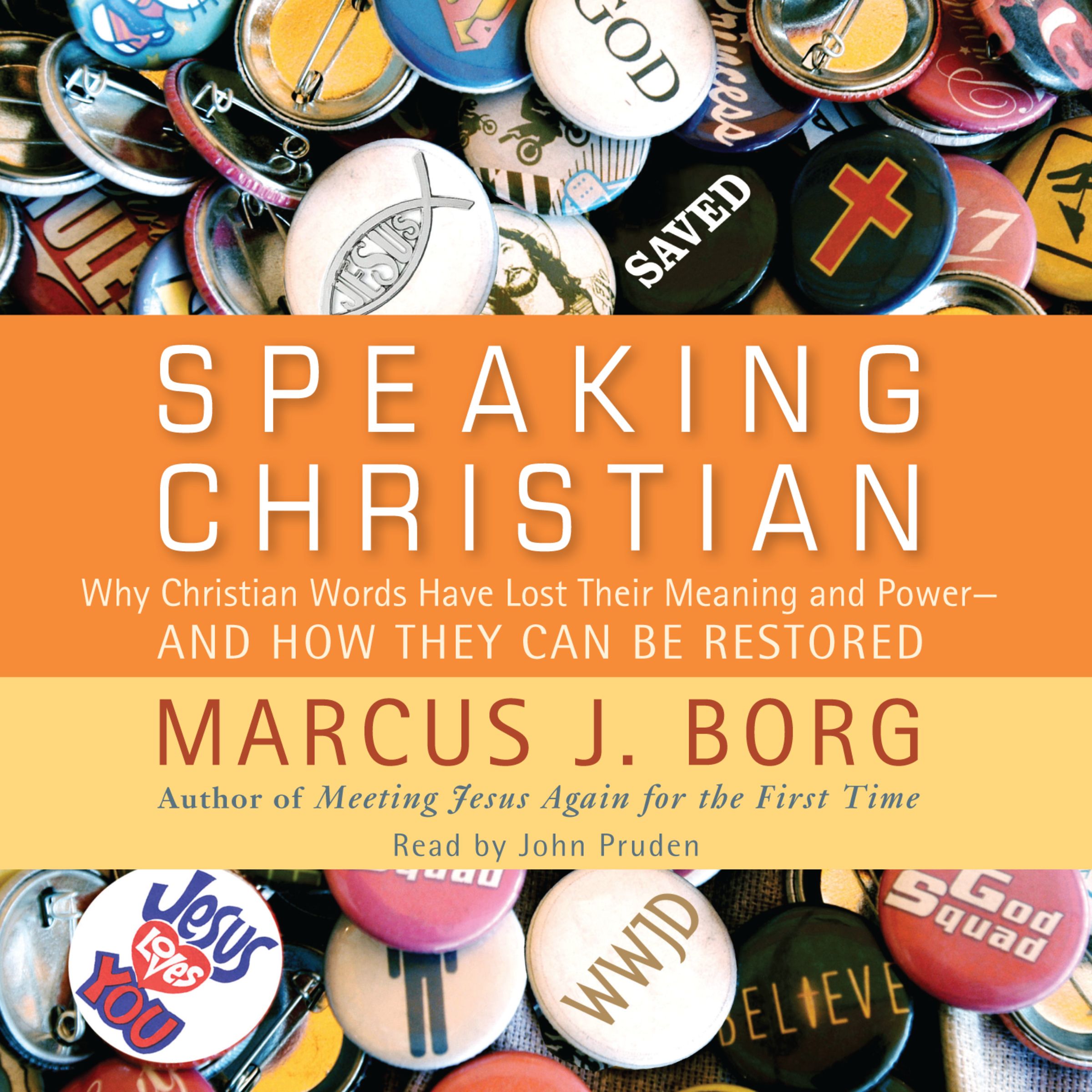Newly released
This book is new and will be uploaded as soon as it becomes available to us and if we secure the necessary publishing rights.

Speaking Christian Book PDF
(0)
Author:
Marcus BorgNumber Of Reads:
69
Language:
English
Category:
ReligionsSection:
Pages:
226
Quality:
excellent
Views:
780
Quate
Review
Save
Share
Book Description
Speaking Christian: Why Christian Words Have Lost Their Meaning and Power - And How They Can Be Restored
Modern Christians are steeped in a language so distorted that it has become a stumbling block to the religion, says internationally renowned Bible scholar Marcus J. Borg. Borg argues that Christianity's important words, and the sacred texts and stories in which those words are embedded, have been narrowed by a modern framework for the faith that emphasizes sin, forgiveness, Jesus dying for our sins, and the afterlife. Here, Borg employs the "historical-metaphorical" method for understanding Christian language that can restore for us these words of power and transformation. For example,
Redemption: now narrowly understood as Jesus saving us from sins so we can go to heaven, but in the Bible it refers to being set free from slavery.
Savior: now refers to Jesus as the one who saves us from our sins, but in the Bible it has a rich and wonderful variety of meanings having nothing to do with the afterlife.
Sacrifice: now refers to Jesus's death on the cross as payment for our sins, but in the Bible it is never about substitutionary payment for sin.
In Speaking Christian, Borg delivers a language for twenty-first-century Christians that grounds the faith in its deep and rich original roots and allows it once again to transform our lives.
"Christian language has become a stumbling block in our time. Much of its basic vocabulary is seriously misunderstood by Christians and non- Christians alike. Big words like salvation, saved, sacrifice, redeemer, redemption, righteousness, repentance, mercy, sin, forgiveness, born again, second coming, God, Jesus, and Bible and collections of words like the creeds, Lord’s Prayer, and liturgies have acquired meanings that are serious distortions of their biblical and traditional meanings. The misunderstandings flow from two major causes shaping the way Christian language is heard. The first is the literalization of language in the modern period, affecting Christians and non-Christians alike. The second is the interpretation of Christian language within a common framework that I call “heaven and hell” Christianity, which I describe more fully in Chapter 1. When this is the primary framework for understanding Christianity, as it often is, it diminishes and distorts the meaning of Christian language. Christians in this country (and elsewhere) are deeply divided by different understandings of a shared language. About half (maybe more) of American Christians believe that biblical language is to be understood literally within a heaven-and-hell framework that emphasizes the afterlife, sin and forgiveness, Jesus dying for our sins, and believing. The other half (maybe less) puzzle over and have problems with this. Some have moved on to another understanding of Christian language. The differences are so sharp that they virtually produce two different religions, both using the same Bible and the same language."
Marcus Borg
Born: (March 11, 1942)
Died: January 21, 2015 (aged 72)
Works:
-(1976). The Year of Luke.
-{1983). Conflict, Holiness and Politics in the Teachings of Jesus.
-(1987). Jesus: A New Vision.
-(1994). Jesus in Contemporary Scholarship.
-(1994). Meeting Jesus Again for the First Time.
-(1997). The God We Never Knew.
-(2001). Reading the Bible Again for the First Time.
Career:
-Concordia College
-Moorhead, Minnesota
-South Dakota State University
-Brookings
-Carleton College
-Northfield, Minnesota
Book Currently Unavailable
This book is currently unavailable for publication. We obtained it under a Creative Commons license, but the author or publisher has not granted permission to publish it.
Rate Now
5 Stars
4 Stars
3 Stars
2 Stars
1 Stars
Speaking Christian Quotes
Top Rated
Latest
Quate
Be the first to leave a quote and earn 10 points
instead of 3
Comments
Be the first to leave a comment and earn 5 points
instead of 3